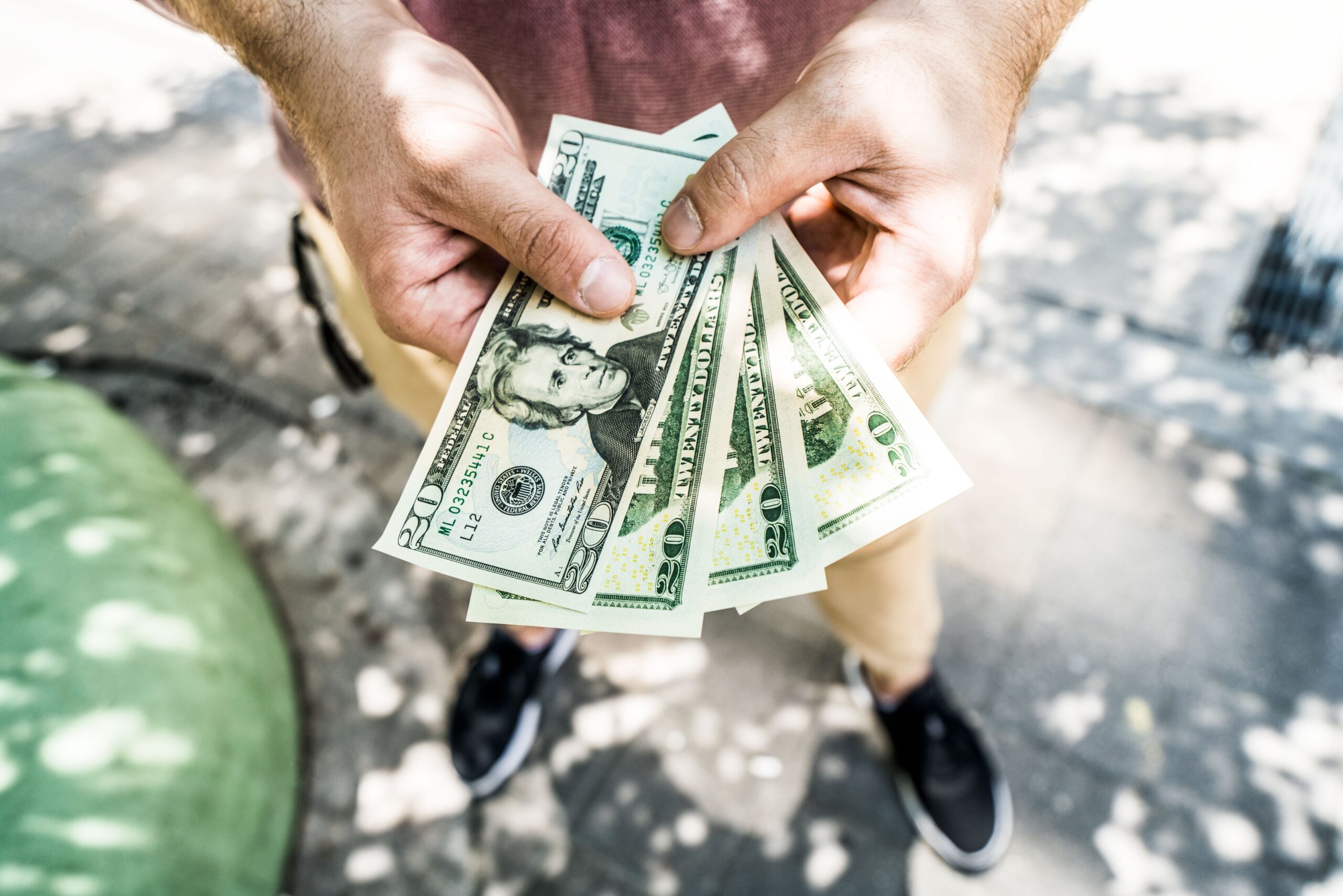Where Does the Money Go?

I started thinking about this topic after reading an article about Warren Buffett and his frugal habits. It said he still lives in the same house he bought in 1958, drives older cars, rarely takes out loans and prefers not to spend a lot of money eating out. Buffett still uses a flip phone and doesn’t like designer suits. In the Yahoo Finance article, he’s quoted as saying, “Don’t save what’s left after spending, but spend what’s left after saving.
There are so many products and services we waste our money on, from fancy coffee drinks and to-go lunches to underutilized gym memberships and interest on unpaid credit card debt. And we all have our own ideas about what’s worth spending money on and what isn’t.
For example, while some may think it’s crazy to hire a dog walker instead of walking your pet yourself, for many people, it’s worth every penny. Since the pandemic started, I’ve been making coffee at home and I love saving money on that, but I will still splurge on expensive pastries and bread.
It was fun and illuminating to ask friends and family what they don’t like spending money on. One friend is no longer buying books and will only get them from the library. Another couple I know saved $2,000 by painting their living room themselves. My cousin hates to pay ATM fees, so he switched to a bank that reimburses those fees whenever he can’t use one of their machines. A co-worker hates convenience fees for concert tickets, so she’ll avoid them by driving to the box office when possible.
On a more objective level, and according to consumer advocates, there are many things that simply aren’t worth paying for. Here are a few examples:
- There’s no reason to pay to view your credit report. Get a free copy from AnnualCreditReport.com.
- While in some cases a brand-name prescription drug is medically advised, a cheaper generic drug can often be substituted. Ask your doctor for it.
- At the rental car counter, it’s a common practice for agents to recommend getting extra insurance or prepaying for gasoline. In most cases, these are not good deals for consumers. Neither are extended warranties on new cars, a big profit center for dealers. Modern cars are more reliable than ever, so few people make claims, and when they do, the claims are often denied because of policy exclusions.
The old sayings of “one man’s trash in another man’s treasure” and “you can’t argue with taste” come into play here. We all have different preferences and derive joy from different things. But what are we willing to give up in order to focus on the purchases and experiences that we value? Until we understand the full extent of our spending and its meaning, it’s impossible to make prudent judgments that maximize our material well-being.
Use Diamond Certified Resource to find top rated companies.
Related Articles
The Essential Guide to Personal Finances & Investing
Get Expert Advice From Owners of Top Rated Local Companies
Become a Diamond Certified Preferred Member (Always Free)